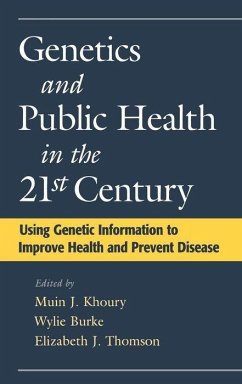
European Psychiatric/Mental Health Nursing in the 21st Century
A Person-Centred Evidence-Based Approach
Herausgegeben: Santos, José Carlos; Cutcliffe, John R.
Versandkostenfrei!
Versandfertig in 6-10 Tagen
62,99 €
inkl. MwSt.

PAYBACK Punkte
31 °P sammeln!
This groundbreaking first volume of the Series has a number of features that set it apart from other books on this subject: Firstly, it focuses on interpersonal, humanistic and ecological views and approaches to P/MH nursing. Secondly, it highlights patient/client-centered approaches and mental-health-service user involvement. Lastly, it is a genuinely European P/MH nursing textbook - the first of its kind - largely written by mental health scholars from Europe, although it also includes contributions from North America and Australia/New Zealand.Focusing on clinical/practical issues, theory an...
This groundbreaking first volume of the Series has a number of features that set it apart from other books on this subject: Firstly, it focuses on interpersonal, humanistic and ecological views and approaches to P/MH nursing. Secondly, it highlights patient/client-centered approaches and mental-health-service user involvement. Lastly, it is a genuinely European P/MH nursing textbook - the first of its kind - largely written by mental health scholars from Europe, although it also includes contributions from North America and Australia/New Zealand.
Focusing on clinical/practical issues, theory and empirical findings, it adopts an evidence-based or evidence-informed approach. Each contribution presents the state-of-the-art of P/MH nursing in Europe so that it can be transferred to and implemented by P/MH nurses and the broader mental health care community around the globe. As such, it will be the first genuinely 21st century European Psychiatric Mental HealthNursingbook.
Focusing on clinical/practical issues, theory and empirical findings, it adopts an evidence-based or evidence-informed approach. Each contribution presents the state-of-the-art of P/MH nursing in Europe so that it can be transferred to and implemented by P/MH nurses and the broader mental health care community around the globe. As such, it will be the first genuinely 21st century European Psychiatric Mental HealthNursingbook.












